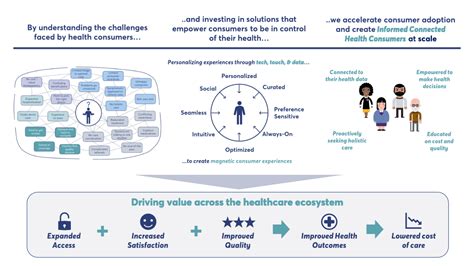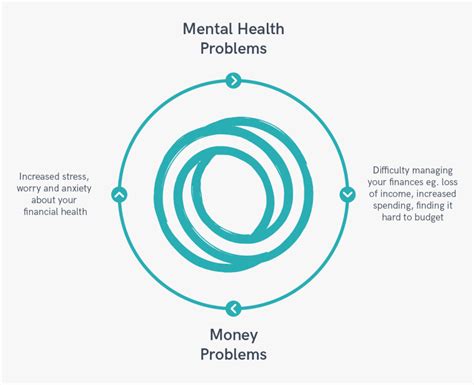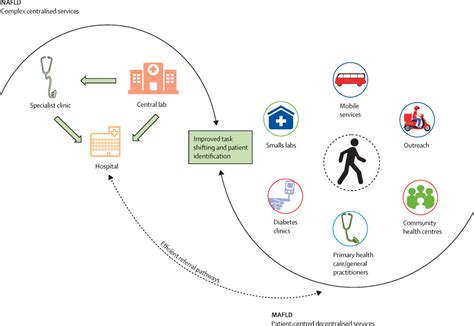Social media has become an integral part of daily life, connecting people across generations. For the elderly, it offers a unique platform to stay in touch with family and friends, access information, and engage in communities that may otherwise be out of reach. However, the impact of social media on the mental health of older adults is a double-edged sword. While it can promote a sense of belonging and reduce feelings of loneliness, it can also lead to negative outcomes, such as anxiety and depression. Understanding both the positive and negative effects of social media is crucial for fostering mental well-being in the elderly. This article explores these impacts and provides support strategies for families and caregivers.
ujocis.net will lead an exploration of this topic in detail.
1. Introduction
Social media has revolutionized the way we communicate, offering a powerful tool for connection and engagement across all age groups, including the elderly. As older adults increasingly turn to platforms like Facebook, Instagram, and Twitter, they find new opportunities to stay connected with loved ones, share life experiences, and explore interests. These digital spaces can significantly enhance their sense of belonging, combatting isolation and loneliness that often accompany aging. However, the impact of social media on mental health is complex, especially for the elderly.
While social media can offer benefits such as improved cognitive engagement and social interaction, it also poses risks that can adversely affect mental well-being. Issues such as exposure to misinformation, cyberbullying, and the pressure to maintain a certain online persona can contribute to anxiety, depression, and even exacerbate feelings of loneliness. As the elderly navigate these digital landscapes, it becomes essential to strike a balance that maximizes the positive aspects of social media while minimizing potential harm.
This article delves into the dual nature of social media’s influence on elderly mental health, highlighting both its benefits and challenges. It also offers practical support strategies for families and caregivers to help elderly loved ones use social media in ways that support their overall mental well-being.

2. Positive Impacts of Social Media on Elderly Mental Health
Social media offers several positive impacts on the mental health of the elderly. One of the most significant benefits is the ability to maintain connections with family and friends, especially for those who may be geographically isolated or have limited mobility. Through platforms like Facebook and WhatsApp, older adults can stay updated on the lives of loved ones, share their own experiences, and participate in meaningful conversations.
Additionally, social media provides opportunities for cognitive engagement. Engaging with content, learning new information, and exploring different interests online can stimulate the mind and keep older adults mentally active. Participation in online communities tailored to their hobbies or health conditions also helps foster a sense of belonging and support. By connecting with others who share similar experiences, the elderly can reduce feelings of loneliness and gain emotional support, contributing to improved overall mental well-being.

3. Negative Impacts of Social Media on Elderly Mental Health
While social media offers several benefits, it also presents potential risks to the mental health of the elderly. One of the main concerns is the exposure to misinformation, particularly regarding health-related topics. Older adults may come across inaccurate or misleading information, leading to confusion, anxiety, or poor health decisions. The spread of false news can also create unnecessary fear or distrust in established institutions, further exacerbating feelings of vulnerability.
Another significant issue is the risk of cyberbullying or negative interactions online. Older adults, unfamiliar with the norms of online communication, may find themselves targets of scams, harassment, or unkind comments. Such experiences can lead to increased stress, depression, and a decline in self-esteem.
Moreover, the pressure to present a certain image on social media can contribute to mental strain. The elderly may feel compelled to conform to perceived social standards, leading to dissatisfaction with their own lives or appearance. This comparison can worsen feelings of inadequacy or isolation, particularly if they perceive others as leading more fulfilling lives.
Lastly, excessive use of social media can result in decreased face-to-face interactions, which are crucial for emotional well-being. Overreliance on digital communication might lead to social withdrawal, making it harder for older adults to maintain meaningful, real-world connections, ultimately impacting their mental health negatively.

5. Support Strategies for Families and Caregivers
Families and caregivers play a crucial role in helping elderly individuals navigate social media in a way that supports their mental well-being. One of the most effective strategies is fostering open communication. Regularly discussing their online experiences, including any concerns or challenges, can help identify issues early and provide reassurance.
Offering technical support is also important. Many older adults may struggle with understanding the intricacies of social media platforms, so guiding them through settings, privacy controls, and safe online practices can build their confidence and security.
Encouraging a balanced approach to social media is essential. Families can help by suggesting offline activities and encouraging participation in community events, ensuring that social media use complements, rather than replaces, real-life interactions.
Finally, setting an example of healthy social media habits within the family can influence elderly members to adopt similar practices. By combining education, support, and encouragement, families and caregivers can help elderly loved ones use social media in a way that enhances their mental health.
6. Conclusion
Social media has the potential to significantly impact the mental health of the elderly, offering both positive and negative effects. On the one hand, it provides valuable opportunities for connection, cognitive engagement, and emotional support, which can enhance the overall well-being of older adults. On the other hand, it also introduces risks such as exposure to misinformation, cyberbullying, and the pressures of maintaining a certain online persona, all of which can negatively affect mental health.
Achieving a balanced approach to social media use is key to maximizing its benefits while minimizing potential harm. By setting time limits, promoting digital literacy, and encouraging real-world interactions, the elderly can enjoy the advantages of social media without compromising their mental well-being.
Families and caregivers play an essential role in this process by providing support, education, and encouragement. Through open communication and active involvement, they can help older adults navigate the digital world safely and effectively, ensuring that social media becomes a positive tool for enhancing mental health in later life.
ujocis.net

